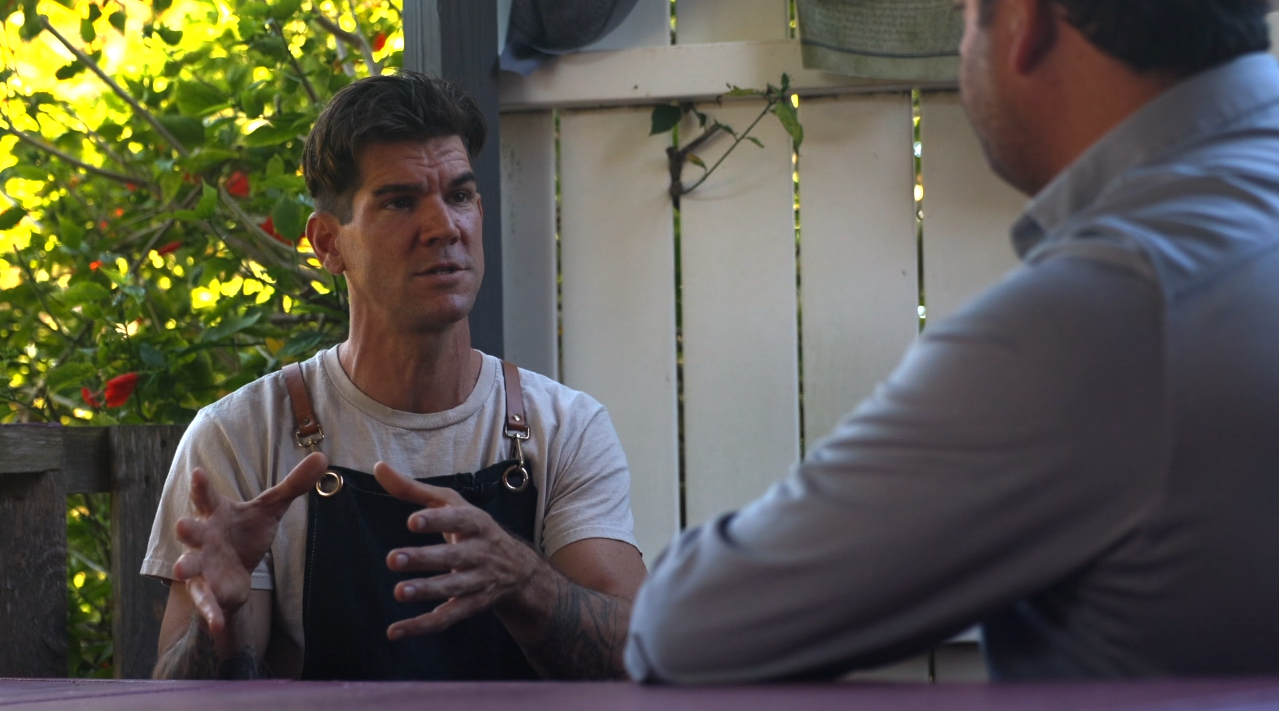TAMPA, Fla. — Coffee prices have surged more than 20% year-over-year, forcing local roasters to get creative with their sourcing strategies to keep costs manageable for customers.
At Beast Master Coffee in Hillsborough County, owner Jeremy Denny made the difficult decision to drop his Brazilian beans after facing a 50% tariff. Instead, he's turned to Nicaragua, where tariffs are a more manageable 18%.
Watch full report from Michael Paluska
"Right now, we are on a Brazil hiatus," Denny said. "The one that has really come in to replace Brazil for a lot of us is Finca COA out of Nicaragua. Right now, they have an 18% tariff, which is much more palatable than a 50% and then they work personally with us, like they will avoid shipping costs if they can deliver the coffee directly to us by hand, even if it's 1000 pounds or plus."
At Blind Tiger Coffee Roasters, owner Roberto Torres is taking a different approach, buying in bulk and borrowing money to offset tariff costs with cash discounts.
"So we ended up importing a container from Ecuador, and had to loan money, borrow money so that we can purchase it, so that we can buy a bigger quantity, that way we can offset the tariffs with a cash discount ahead," Torres said.
The financial gymnastics have reached a point where it's actually cheaper for Torres to take out a loan and pay interest than to pay the full 10% tariff.
"100%!" Torres exclaimed with a smirk when Tampa Bay 28 reporter Michael Paluska asked about this strategy.
Torres warns that smaller coffee shop operators without the same purchasing power will be forced to raise prices, ultimately hurting consumers who rely on their daily coffee.
"If I'm a 1, 2, 3, store operator, a coffee shop that doesn't have the bandwidth or the purchasing power to do that. What that does is that it automatically forces me to raise prices in order to offset the price, which at the end is going to get the end consumer hurt, because they're going to have to pay more for the thing that they rely on daily," Torres said.
A few weeks ago, bipartisan legislation was filed to exempt coffee from tariffs, something both roasters would welcome.
"An exemption would be greatly welcomed," Torres said.
"It would help me out," Denny agreed.
Despite the challenges, Denny has managed to keep his prices relatively steady, raising his Brazilian roast by just $1. He advises consumers to be wary of brands that dramatically increase prices.
"So, for example, if you see a coffee that is now doubling the cost of their coffee, that is an artificial inflation that they're creating," Denny said. “Because if you buy coffee for $5 a pound, and with a 50% tariff, it goes up $2.50. Even if you pass all the $2.50 onto the customer, and you don't absorb any of it, it should only be going up $2.50. Unfortunately, there are companies that will take advantage of situations like this in the absence of knowledge of the customer to make money in advance of the tariffs.”
For coffee lovers worried about rising costs, Denny suggests brewing at home rather than giving up coffee entirely.
"Let's say you get a bag of coffee from me. Let's say you get a 10-ounce bag. That 10-ounce bag, even if you brew a drip pot a day, is gonna last you about a week," Denny said. "That breaks down the $2 a day to brew your pot of coffee. How's that breaking the bank for a clean, healthy source that's not only good for the environment the future also avoids geopolitics, but also is better for your health."
This story was reported on-air by Michael Paluska and has been converted to this platform with the assistance of AI. Our editorial team verifies all reporting on all platforms for fairness and accuracy.
Share Your Story with Michael

A lot goes into the price of paradise and Michael Paluska focuses on every aspect. From the job market and housing to how Florida’s growth impacts our state’s wildlife. Send Michael tips to keep these important conversations going.
.

Largo family loses home in morning fire, forced to start over
Mother and her nonverbal son with autism 20 escape safely as the home is condemned; community steps in to help with housing and recovery.






